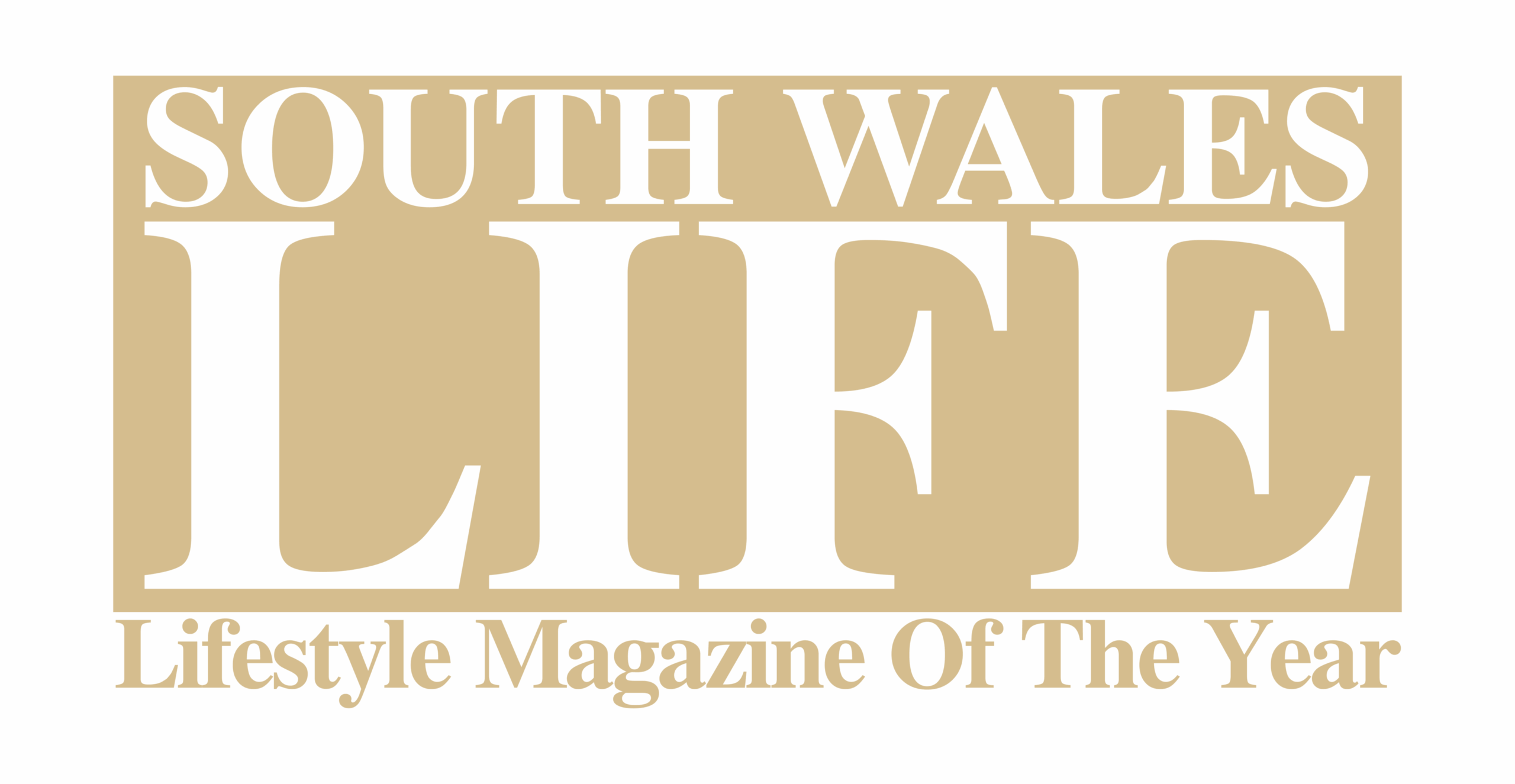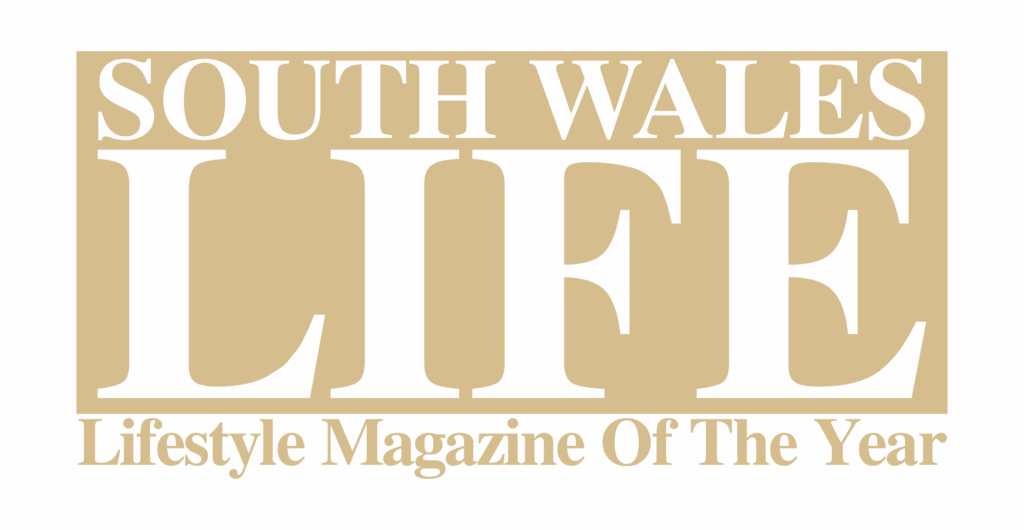
Incredibly, it was some 34 years ago when the HAY FESTIVAL was first dreamt up around a kitchen table in the booktown of Hay-on-Wye, Wales. From those early days, the festival is now truly international and is now in 30 locations, from the historic town of Cartagena in Colombia to the heart of cities in Peru, Mexico, Spain, and this year to Croatia.
Each year, a global audience of millions continues to grow and innovate, building partnerships and initiatives alongside some of the leading bodies in arts and the media. No wonder the Hay Festival was the recipient of a Queen’s Award for Enterprise in 2009 and was awarded Spain’s Princess of Asturias Award in Communication and Humanities in 2020.
As you can image, the festival has seen everyone through its doors. Nobel Prize-winners and novelists, scientists and politicians, historians and musicians take part in the Festival’s global conversation, sharing the latest thinking in the arts and sciences with curious audiences.
Like all organisations, the last year has been beyond challenging for the festival. With a packed programme in place, the organisers were forced to cancel, amend and find new ways to bring the festival to audiences throughout 2020, and they did just that, in the most trying of times.
Building on that, the Hay Festival has today revealed its free Programme for Schools for this spring’s edition, bringing writers and young people together online for a series of inspiring interactive activities and workshops, 24th to 28th May, ahead of the main programme running 26th May to 6th June.
Parents, teachers and young people can register for the free sessions now HERE.


Five sessions will be broadcast daily for pupils across KS1-4 with each event accompanied by free teaching materials and active learning activities, available to view live or on replay throughout, along with the Festival’s full Programme for Schools archive, part-funded by Hay Festival Foundation.
All events will be captioned in Welsh and English and compered by either Welsh poet Anni Llŷn or writer and presenter Radzi Chinyanganya.
KS1 pupils can enjoy performance poetry from Joseph Coelho, outdoor adventures with Michael Holland (I Ate Sunshine for Breakfast), timely tips on How to Change the World with Rashmi Sirdeshpande, Simon Mole (I Love My Bike) and fun with Maria Vegara (Little People, BIG DREAMS).
KS2 pupils will be invited to get creative in events with Matt Lucas and his Very Very Very Very Very Very Very Silly Book of Pranks, to go on location with Frank Cottrell-Boyce (Noah’s Gold) and Abi Elphinstone (The Crackledawn Dragon), to join Robert Winston as he explores the world of science, to explore the Earth’s Incredible Oceans with Jess French, and to take part in conversations with Patience Agbabi (The Time Thief), Zanib Mian (Planet Omar), Alex Wharton (Daydreams and Jellybeans), Adam Kay (Kay’s Anatomy), David Baddiel (Future Friend) and Konnie Huq.
And KS3&4 pupils will find inspiration in dynamic events led by authors, poets, illustrators and performers exploring important issues for young people to consider today, from the environment and sustainability to inclusivity, wellbeing, and the importance of reading for pleasure. Guests include Benjamin Dean (Me My Dad and the End of the Rainbow), Robert Muchamore (The Cherub Series), Liz Kessler (When the World Was Ours), Phil Earle (Surrounded by Stories), Liz Hyder (Bearmouth), Manjeet Maan (The Crossing), Jeffrey Boakye (Musical Truth), Lisa Williamson (First Day of My Life), and Patrick Ness (A Monster Calls) on screenwriting.
Alongside today’s announcement, the Festival has also released two digital Beacons Project workshops aimed at emerging writers aged 16-18 at hayfestival.org/beacons-project, featuring a pair of acclaimed creatives: Bafta, Olivier and Tony award-winning screenwriter and Harry Potter and the Cursed Child playwright Jack Thorne discusses the adaptation of Phillip Pullman’s trilogy, His Dark Materials, produced by Bad Wolf and Screen Alliance Wales, while acclaimed Welsh poet, author and playwright Owen Sheers leads students through a creative writing workshop inspired by and filmed in the landscape of Wales.
Aine Venables, Hay Festival Education Manager, told us……
“In a year of enormous challenges for young people and schools all around the UK, we’re pleased that our new digital formats enable us to bring writers and young people together in sessions that can inspire and entertain. Our free Programme for Schools and Beacons Project workshops aim to meet that need with vibrancy and joy. Everyone is welcome. Join us.”


While the main Festival programme will not be announced until the end of April, plans include an inspiring array of conversations, debates, workshops and performances online, kicking off with the inaugural Hay Festival Opening Night Gala on Wednesday 26 May. Over the 11 days that follow, more than 200 acclaimed writers, global policy makers, historians, poets, pioneers and innovators will take part, launching the best new fiction and non-fiction and interrogating some of the biggest issues of our time; from building a better world post-pandemic to tackling the compound crises of climate change, inequality, and challenges to truth and democracy.
You can keep up to date with Hay Festival news by signing up to the newsletter or follow on:
Twitter: @hayfestival
Facebook: facebook.com/hayfestival
Instagram: @hayfestival
Don’t forget to use #HayFestival
Some pictures used in this feature were taken pre-covid.





















